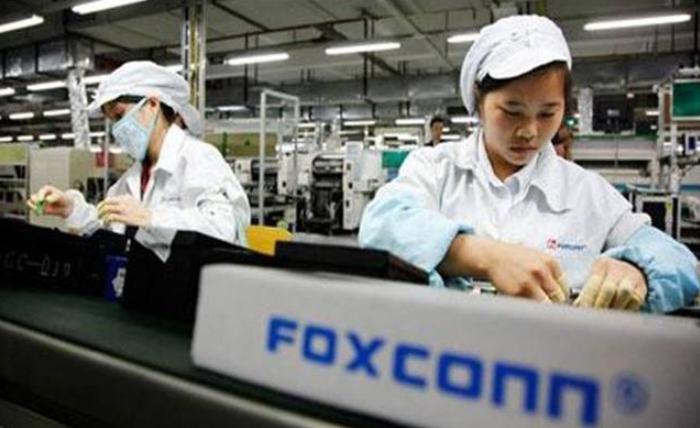According to New Coconut International, the Foxconn plant was recently shut down again due to large-scale worker protests caused by food poisoning in Foxconn factories in India. A spokesman for Apple in the United States said that the Foxconn factory in India has been included in the "key watch list", and when the factory reopens, Apple will strictly control the standards of the factory. Faced with the status quo, Tesla was timid.

The Foxconn plant in India was shut down again
The fundamental purpose of US companies going to India to build factories is to reduce the cost of employment and make more benefits from them. However, the idea of US companies is too naïve, in addition to India's backward economic benefits, the backwardness of infrastructure level, medical system, people's livelihood security, and public health has long exceeded expectations. Too backward infrastructure facilities seriously affect the production efficiency of factories, poor sanitary conditions, India's recognized comprehensive quality is even more "bad to the outrageous", late arrivals and early departures and even strikes occur from time to time, coupled with the impact of the new crown epidemic, India's Foxconn factories have been forced to stop work more than once, which makes many US companies including Tesla timid.
However, after the exposure of the sanitary environment of the factory a while ago, it was once incomprehensible to the outside world. Workers' food poisoning was caused by excessive numbers in workers' dormitories, toilets without flush toilets, and bugs crawling out of food. Eventually, the anger that belonged to the workers finally broke out, and this rare protest led to another shutdown of the factory, which was immediately closed for rectification. Under the huge social pressure, the Indian Foxconn factory issued an apology, Apple's headquarters got the news, set a probation period for Indian workers, and everything waited for the Indian factory to complete the rectification and pass apple's assessment before it could continue to work.
Indians rely on "laziness" to get out of the circle
In recent years, european and American countries have shifted labor-intensive industries to countries with lower labor costs such as Vietnam in order to disintegrate China's core position in the world's industrial chain, but the outside world has underestimated how the Indian society behind low labor costs has developed. If it is difficult for a country to develop even the secondary industry, it means that there are congenital problems in this country.
Indians rely on "laziness" to get out of the circle, but before the accident, European and American countries generally believed that the Asian people were generally diligent, but in fact, during the colonial period, the British rulers had experienced the laziness of the working people of India, and the work done was extremely perfunctory. In fact, no matter in which country, if you want to have a group of high-quality workers, you must cultivate their comprehensive quality and attitude towards doing things. The Indian government has also proposed ten years of compulsory education, but this initiative has not been effectively implemented, less than half of the women in the country are illiterate, and almost all rural children are less than primary school diplomas, so it is difficult for the working people of India to get a good education, and the comprehensive quality cannot be effectively improved, which also causes the lazy character of the working people in India, unable to work seriously and do not obey the discipline of the superiors, in their view the working people are shameful. This is related to the cultural tradition of India, doing manual labor means impure, India's caste system is difficult to change, there are caste rules at birth, and people of low castes are generally lying flat.
So that's why India is poor, lazy and poor, the poorer the more lazy, the working people are caught in an infinite vicious circle, Indian society is stuck in the quagmire of poverty. European and American countries are also clever, thinking that they have found cost-effective factories in the world and try to build factories in the world, but the working people of India are difficult to control.
In the final analysis, what Indian society needs to change is the government's stereotypical concept of regulation, the social atmosphere, and people's habits. Although India enjoys a demographic dividend, it has never built a complete industrial system.